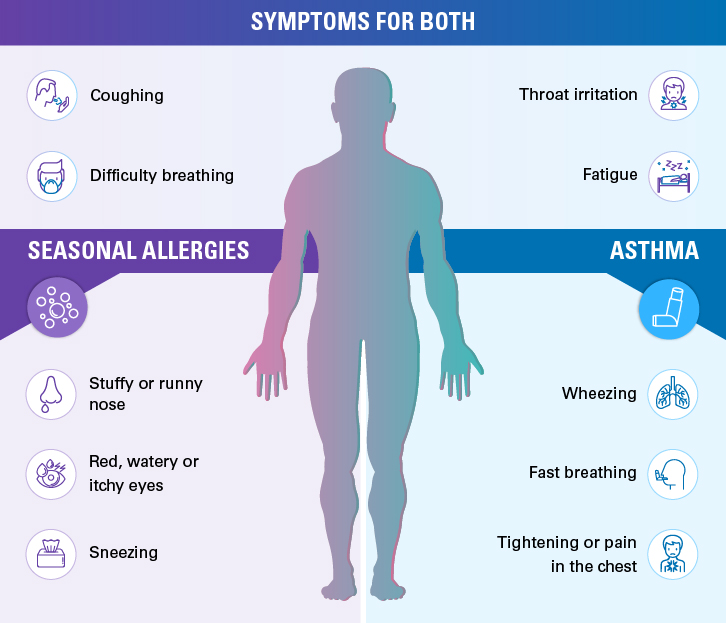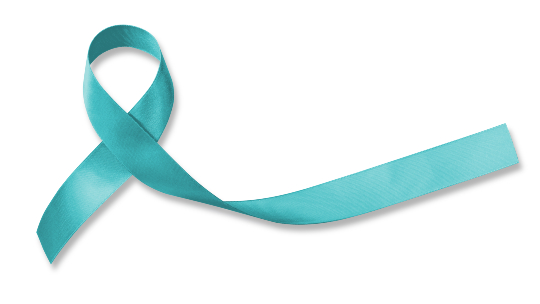Each day we breathe about 11,000 liters of air without really thinking about it. That is, unless you have allergies or asthma that make breathing difficult. The Centers for Disease Control and Prevention (CDC) estimates that more than 50 million Americans suffer from allergies and that 25 million people have asthma. According to the Hawai‘i Department of Health, approximately 106,000 people are affected by asthma.
Jeffrey Kam, M.D., an allergy and immunology specialist and HMSA participating provider says, “People can be allergic to a variety of irritants such as pollen, dust, mold, certain foods, and more.” Since May is National Asthma and Allergy Awareness Month, here’s some information that will help you breathe a sigh of relief.
| Allergies | Asthma | |
|---|---|---|
| What is it? | Allergies occur when the immune system overreacts to an irritant. | Asthma is a disease that inflames and narrows airways in the lungs. |
| How is it diagnosed? | The American College of Allergy, Asthma, and Immunology (ACAAI) recommends seeing an allergist to determine the cause of allergy symptoms. | The Asthma and Allergy Foundation of America suggests visiting your primary care provider (PCP), who should discuss your medical history, give you a physical exam, and possibly administer breathing or lung-function tests. |
| Can it be prevented? | Although allergies generally can’t be prevented, allergic reactions can be. | While there’s no way to prevent asthma, you can work with your PCP to design an action plan for living with asthma and preventing attacks. |
| What if I don’t treat it? |
Whether it’s a persistent cough or lingering cold symptoms like a stuffy nose, untreated allergies can impact your quality of life and can cause you to get sick more often. |
Untreated asthma is even more serious and can lead to death. |
Symptoms
Sometimes we can’t tell if we’re suffering from allergies or asthma because they have some of the same symptoms. There are also symptoms unique to each ailment:
Treating allergies and asthma
The ACAAI advises that you follow your PCP’s or allergist’s medication recommendations to treat your allergies, asthma, or both. Medications may be prescription or over the counter. It’s also important the prescriptions are current and not expired. Immunotherapy, or allergy shots, may also provide relief, and so can making changes to your environment.
Coverage
We want you to breathe easy. Most HMSA plans pay for allergy and asthma treatment, which includes prescription medication, but check your plan’s Guide to Benefits to make sure.




